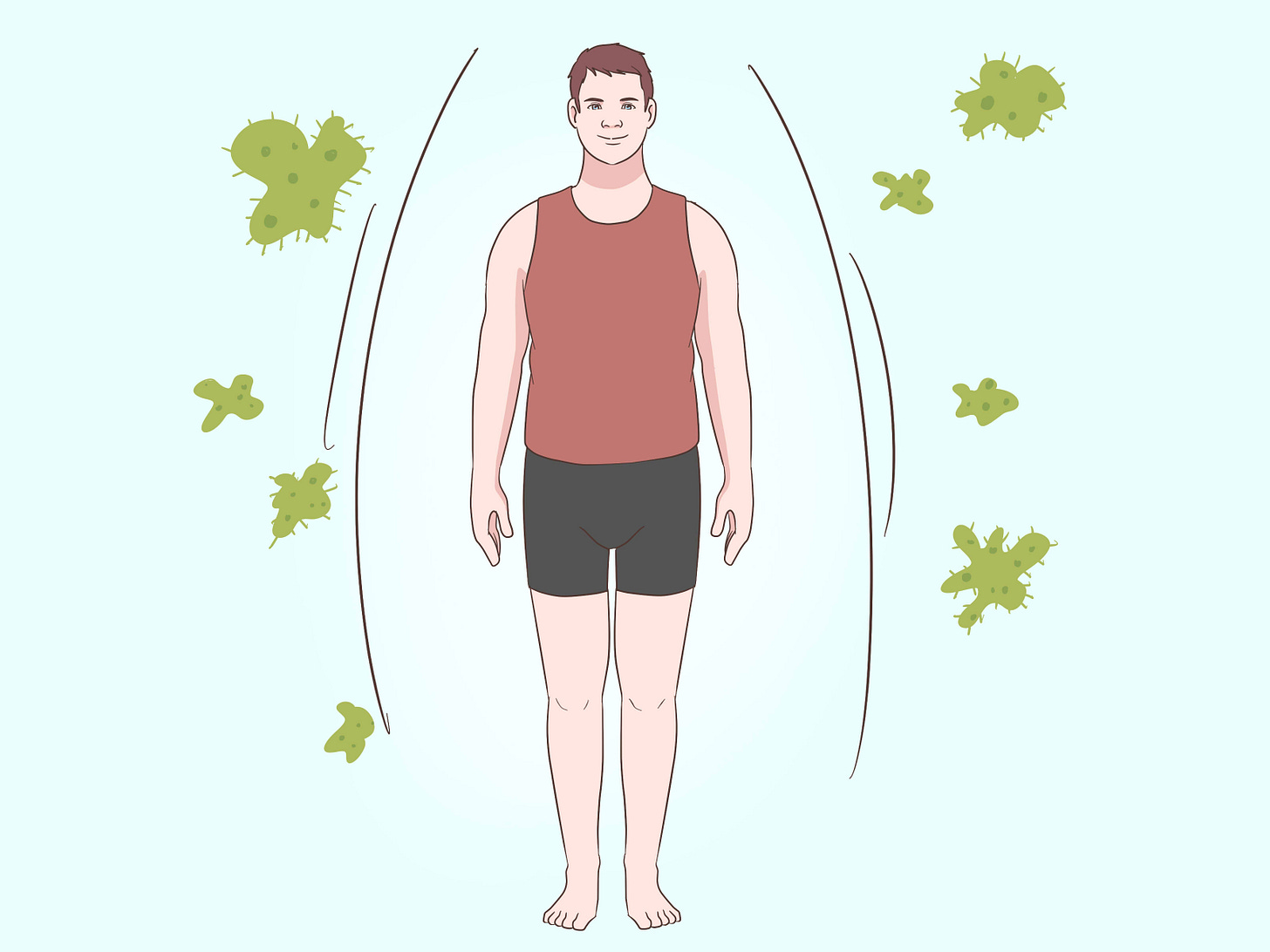Why Is It So Hard to Live Healthily?
If your goal is to live as healthily as possible, modern medicine and psychology can offer only limited help. Here’s why:
Let's say you're a perfectly healthy person. You have no physical or mental complaints—I'm not just talking about being pain-free; you feel great, and all your medical check-ups show excellent results. Everything seems fine. But, naturally, you probably want to avoid any health problems in the coming years. To do that, you’ll need to live as healthily as possible. But how do you go about it? Of course, you’ll take care of yourself based on what you know, and for things you’re unsure about, you’ll seek advice from experts. After all, there’s plenty of information out there—on TV, the internet—experts offering tips on both physical and mental health. You might follow them, for example.
What’s that? They don’t always agree with each other? They give contradictory advice? Sometimes they even argue and get worked up? Well, of course, they’re only human, that’s natural. But since you’re not an expert, how are you supposed to referee these debates and decide what’s right? Yes, I admit, that’s a tough and somewhat unfair task.
At least we have institutions. Perhaps it’s best to seek help from institutions on how to stay healthy and live better. Try going to a hospital, for instance. Walk in and say, “Hello, I’m healthy, I have no complaints, but I want to be even healthier. Which department should I go to?” After a question like that, where do you think they’ll direct you?
A check-up? Fine, let’s get one done. Everything comes back normal again; great. But now, where do you go to learn more? Isn’t there a department for that in hospitals or medical schools?
Oh, there isn’t? Well, what can we do...
How about visiting a psychology center and asking, “How can I be mentally healthier?” Did they not help either? Now that’s really strange!
But actually, it’s not that strange. Fields like medicine and psychology have only been concerned with us when we’re sick for the past few centuries. As for our healthy state, well, we’re more or less “left to our own devices”! In medicine, there are areas like "preventive care," and in psychology, "positive psychology," which focus on maintaining well-being, but they don’t seem to be very helpful either. Preventive care in medicine is almost non-functional, and many psychologists still see working on well-being as a “waste of time.”
Why is that? There’s a simple reason, really. Unfortunately, in these fields, we don’t teach students the answer to the question, “What is a human being?” We don’t teach it because we don’t know. We don’t know because we’ve never really asked. Even if we were curious, we wouldn’t know where to learn about it. And even if we did, we’d probably be too lazy to pursue it because there are already a million procedures, rules, drug names, protocols, etc., to learn in health-related fields. Worrying about such “abstract” issues isn’t for everyone.
However, humans, like all living beings, are biological entities, and this field, with its vast accumulation of knowledge over at least two centuries, tells us an incredible story about what it means to be human. But because we see biology as just a “subject” or a “specialty,” we often live in ignorance of this knowledge. Forget about psychology, which often sees itself as a “social science”; we can’t even teach biology properly in medical schools—neither its philosophy nor its history. The cost of ignoring what biology can teach us is something we inevitably pay in the form of personal health problems and enormous healthcare expenses.




